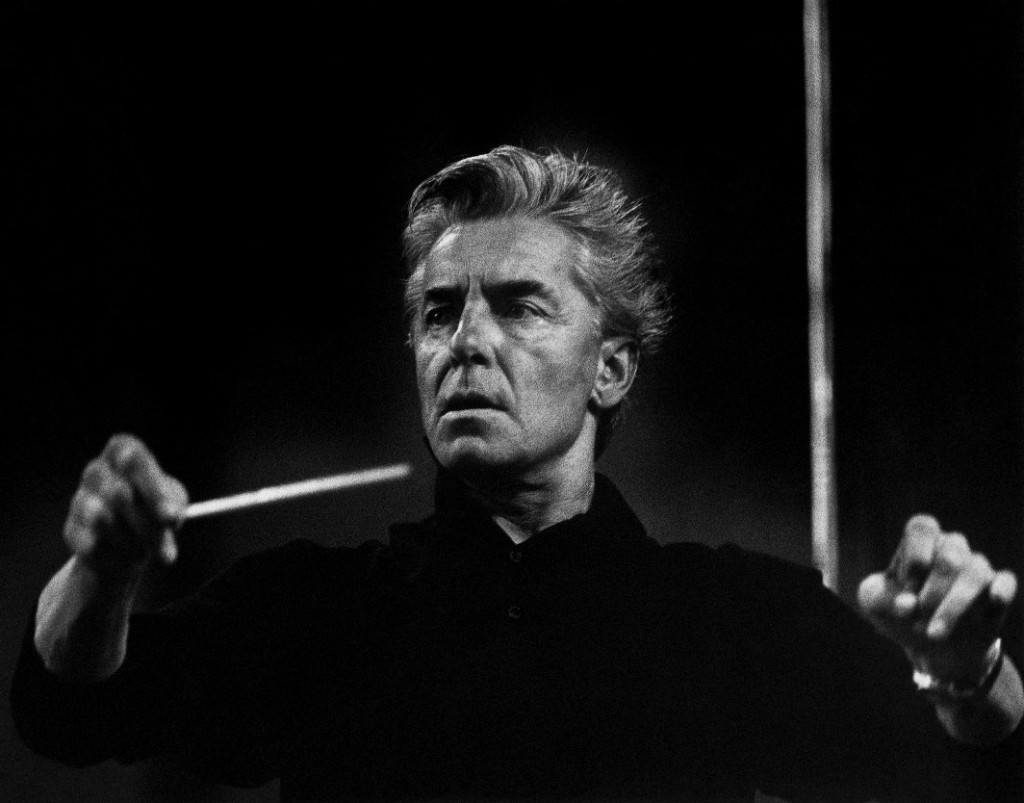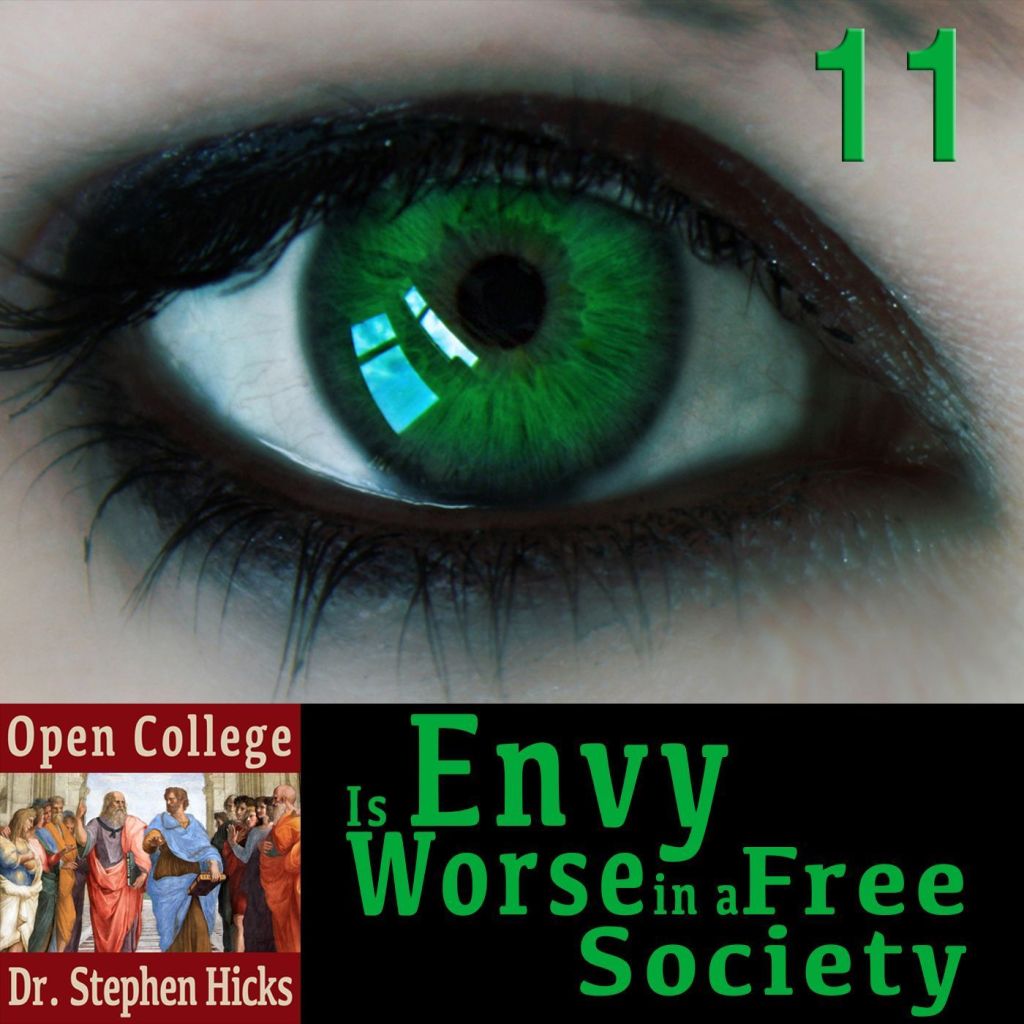Stephen Hicks, “A Primer on Objective Journalism” [Atlas Intellectuals]
This week of the self-paced course on Objectivity features Stephen Hicks’s primer on Objective Journalism. “Objectivity means being committed to the facts and to using one’s mind as best one can to discover and interpret them. Journalistic objectivity includes being open to all the facts, doing research to discover the facts, verifying claims, and to integrating logically […]
Stephen Hicks, “A Primer on Objective Journalism” [Atlas Intellectuals] Read More »



